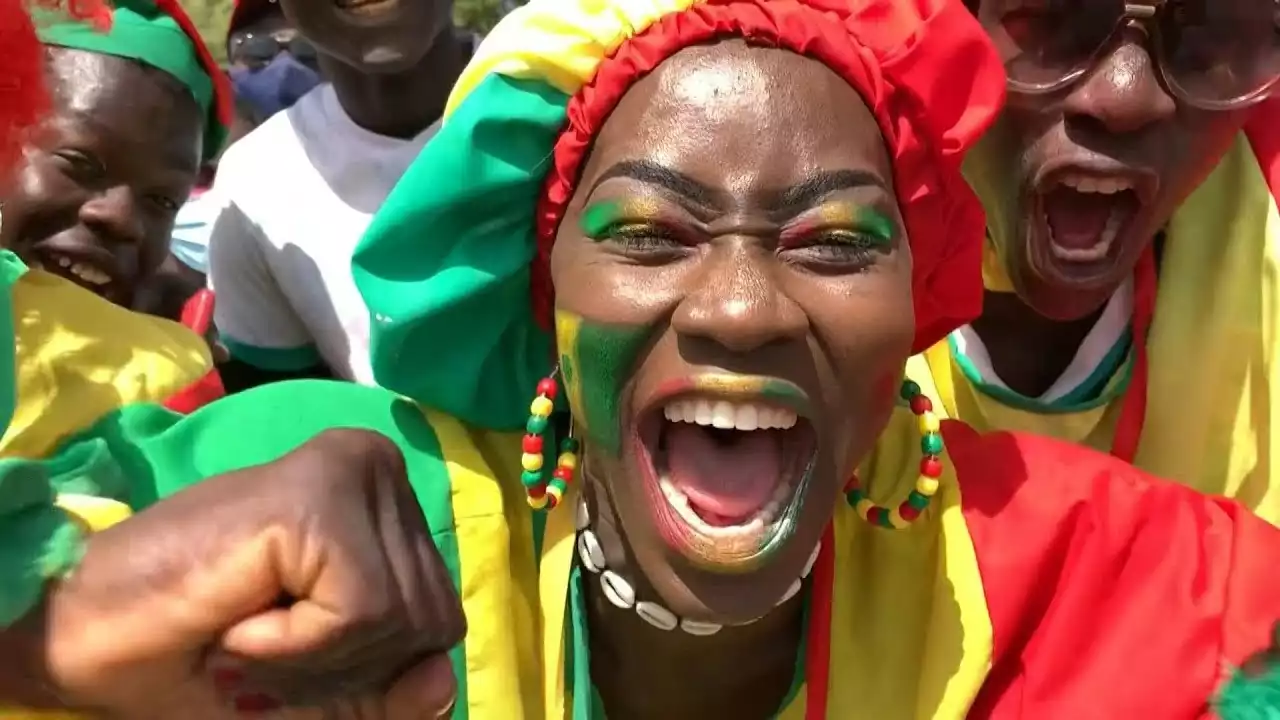The rise of match-fixing in AFCON
Match-fixing, the act of manipulating the final outcome of a match for personal gain, has plagued football for years. AFCON has had its fair share of match-fixing allegations, with players and officials being implicated in various instances. The allure of money and pressure from external forces can sometimes drive individuals to compromise the integrity of the game.
Match-fixing can take many forms, from bribing players and referees to manipulating key moments in the game. The motivations behind match-fixing are often financial, with organized crime syndicates or individuals seeking to profit from the outcome of a match. The prevalence of match-fixing in AFCON raises concerns about the fairness and authenticity of the tournament.
Consequences of match-fixing in AFCON
The consequences of match-fixing in AFCON are far-reaching and damaging to the sport. Firstly, it undermines the integrity and credibility of the tournament. Fans and sponsors lose faith in the competition when they suspect that the results may be predetermined. This can lead to a decline in viewership and financial support, ultimately impacting the growth and development of African football.
Furthermore, match-fixing can have a detrimental effect on the players involved. Those who choose to participate in match-fixing risk their careers, reputation, and even legal consequences. Being associated with such activities can tarnish their professional image and hinder future opportunities in the sport. Additionally, the mental and emotional toll of being involved in match-fixing can be significant, leading to guilt, anxiety, and stress.
The impact of doping in AFCON
In addition to match-fixing, doping has also emerged as a major concern in African football. Athletes have been caught using prohibited substances in attempts to enhance their performance on the pitch. This not only undermines the spirit of fair play but also poses serious health risks to the players involved.
Doping can give athletes an unfair advantage over their opponents, allowing them to push their bodies beyond natural limits. This not only distorts the true talent and abilities of players but also creates an uneven playing field. It erodes the principles of fair competition and undermines the essence of sportsmanship.
Measures taken to combat match-fixing and doping in AFCON
Recognizing the gravity of match-fixing and doping, AFCON and its governing bodies have implemented various measures to combat these issues. These measures include strict anti-doping protocols, increased education and awareness programs for players, and enhanced surveillance and monitoring systems.
AFCON has also collaborated with international organizations such as the World Anti-Doping Agency (WADA) to strengthen its anti-doping efforts. This partnership has led to the establishment of comprehensive doping control programs, including rigorous testing and sanctions for those found guilty of doping.
The role of governing bodies in addressing these issues
Governing bodies play a crucial role in addressing match-fixing and doping in AFCON. They are responsible for setting rules and regulations, investigating allegations, and imposing sanctions on those involved in corrupt practices. These bodies work closely with law enforcement agencies and sports organizations to ensure the integrity of the tournament.
Additionally, governing bodies have a responsibility to promote transparency and accountability in the sport. This includes implementing effective governance structures, conducting regular audits, and fostering a culture of ethical behavior among players, coaches, and officials.
The ethical implications of match-fixing and doping in AFCON
The ethical implications of match-fixing and doping in AFCON are significant. These practices go against the principles of fair play, honesty, and integrity that are fundamental to sports. They undermine the trust and respect that fans and participants have for the game and erode the values that sports should uphold.
Furthermore, match-fixing and doping not only harm the reputation of AFCON but also have broader societal implications. They perpetuate a culture of cheating and dishonesty, setting a negative example for aspiring athletes and future generations. It is essential to address these ethical concerns and hold individuals accountable for their actions.
Ways to prevent and eliminate match-fixing and doping in AFCON
Preventing and eliminating match-fixing and doping in AFCON requires a multi-faceted approach. It starts with education and awareness programs aimed at players, coaches, and officials. By educating individuals about the consequences and ethical implications of these practices, they can make informed decisions and resist external pressures.
Additionally, strict enforcement of rules and regulations is essential. This includes rigorous testing, effective monitoring systems, and severe penalties for those found guilty of match-fixing or doping. Collaboration between AFCON, governing bodies, and law enforcement agencies is crucial to ensure a coordinated effort in combating corruption in sports.
The importance of fair play in AFCON
In conclusion, the dark side of AFCON, including match-fixing and doping, casts a shadow over the otherwise celebrated tournament. The rise of these issues highlights the need for continuous vigilance and concerted efforts to maintain the integrity and credibility of African football.
By implementing comprehensive measures, raising awareness, and fostering a culture of fair play, AFCON can become a beacon of clean and competitive football. It is crucial for everyone involved, from players to fans, to prioritize the values of honesty, integrity, and sportsmanship. Only then can AFCON truly showcase the talent and passion that African football has to offer.










